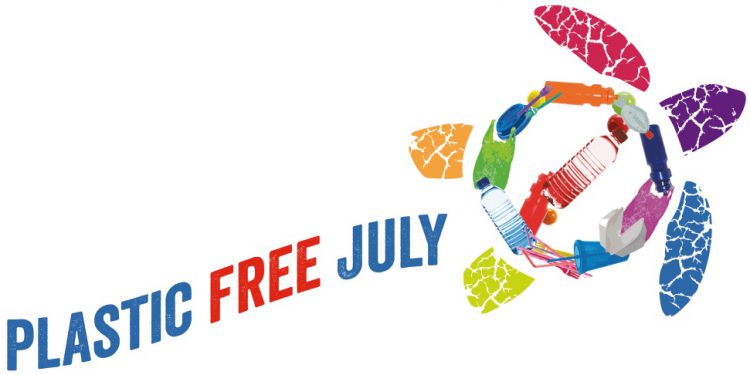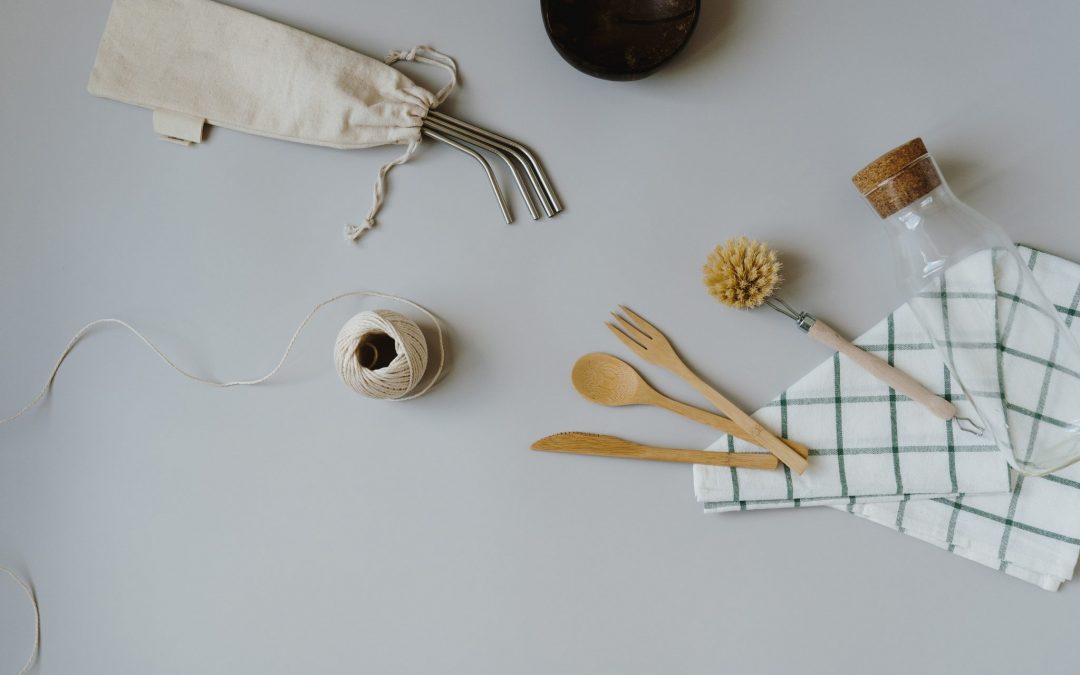Plastic pollution is a recognized global issue. From tiny organisms to humans, we’re all affected by the consequences of plastic use. Tackling the problem of plastic may feel daunting, especially as an individual. That is where Plastic Free July comes in! The campaign was started by a small team in Western Australia back in 2011, allowing people to become part of the solution to plastic waste. The uptake was mind-blowing, with the movement reaching an international scale. Whether you’re just getting started on your plastic reduction journey or have already taken several steps towards eliminating plastic waste, Plastic Free July is the perfect opportunity to change habits towards a more sustainable lifestyle.
Every year, for the month of July, people from all over the world are challenged to go plastic-free. Are you ready to join the challenge?
>>> Visit the Plastic Free July web page >>>
Why should I cut down on plastic use?
We’ve long known that recycling alone won’t fix the problem. Only about 9% of the total plastic produced is recycled, with the majority of plastics ending up in landfills and water bodies. Since they are not fully biodegradable, they contaminate the soil and water in various forms – ranging from an entire water bottle to microscopic bits called microplastics. These chemical-ridden plastics are often taken in by animals and passed along the food chain. Ingesting or inhaling plastic materials can be lethal to aquatic animals. Humans are also starting to suffer, with microplastics found in our food, drinking water, and now in the air we breathe. (Wow, airborne plastic… that’s a new one). The full extent of human health implications of plastics is unknown, but we can make some educated guesses based on the experiences of our marine friends.
Single-use plastics are a major culprit to plastic pollution, given their disposable nature. They are used once, typically for 30 minutes or less, and then discarded, resonating in the environment forever.
In Manitoba, the following single-use items are not accepted in the blue-bin:
- Straws
- Plastic wrap
- Plastic cutlery
- Coffee cups
- Black plastics
- Coffee cup lids (brown)
- Styrofoam
- Plastic bags*
*while they are not accepted in the blue bin, opportunities for recycling or donating exist, although many have been paused due to COVID concerns.
So, what can we do about it?
First, we can identify the main products that are contributing to this plastic fiasco. The common things we use day-to-day are often part of the problem. You may be thinking to yourself, “Well, if they are so common, how do we avoid them?” It can be as simple as saying no. Refuse that plastic bag, say no to the straw, or avoid the plastic take-out cutlery. These small items can add up fast! In their place, consider carrying a reusable alternative – a cloth grocery bag, bamboo or metal utensils, steel or glass straw (if you need), etc. all of which can be reused countless times and save unnecessary plastic from entering our environment. It may be a transition and it probably won’t happen in one go, but why not start now?!
According to the Plastic Free Foundation, Plastic Free July participants tend to reduce their household plastic waste by 5% per year. This means that those who participate continue to produce less plastic waste, the change slowly becoming a new way of life for them.
Plastic Free July can be the start to a more sustainable you! This July, practice saying no and try swapping out one or several single-use products for a reusable alternative. For suggestions, upcoming events, incentives and resources, check out our Plastic Free July web page at the link below.
>>> See what we have in store for Plastic Free July 2021 >>>





Recent Comments